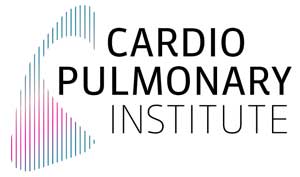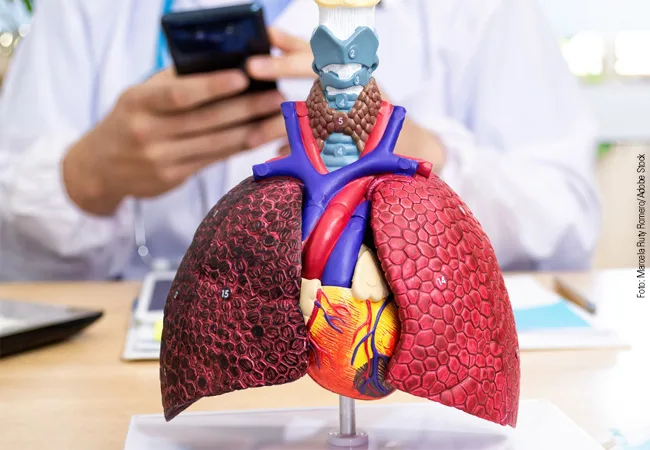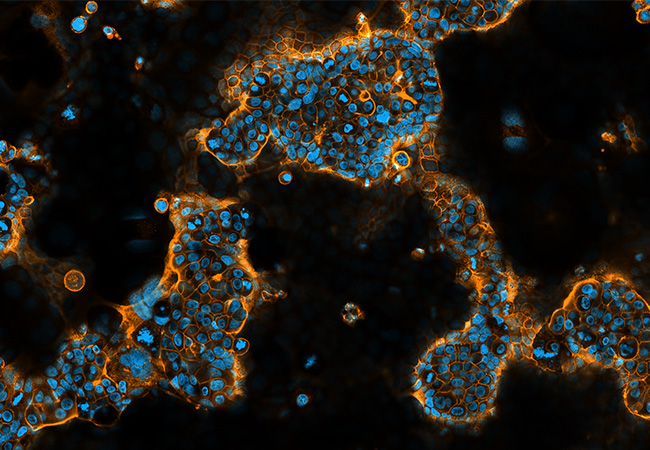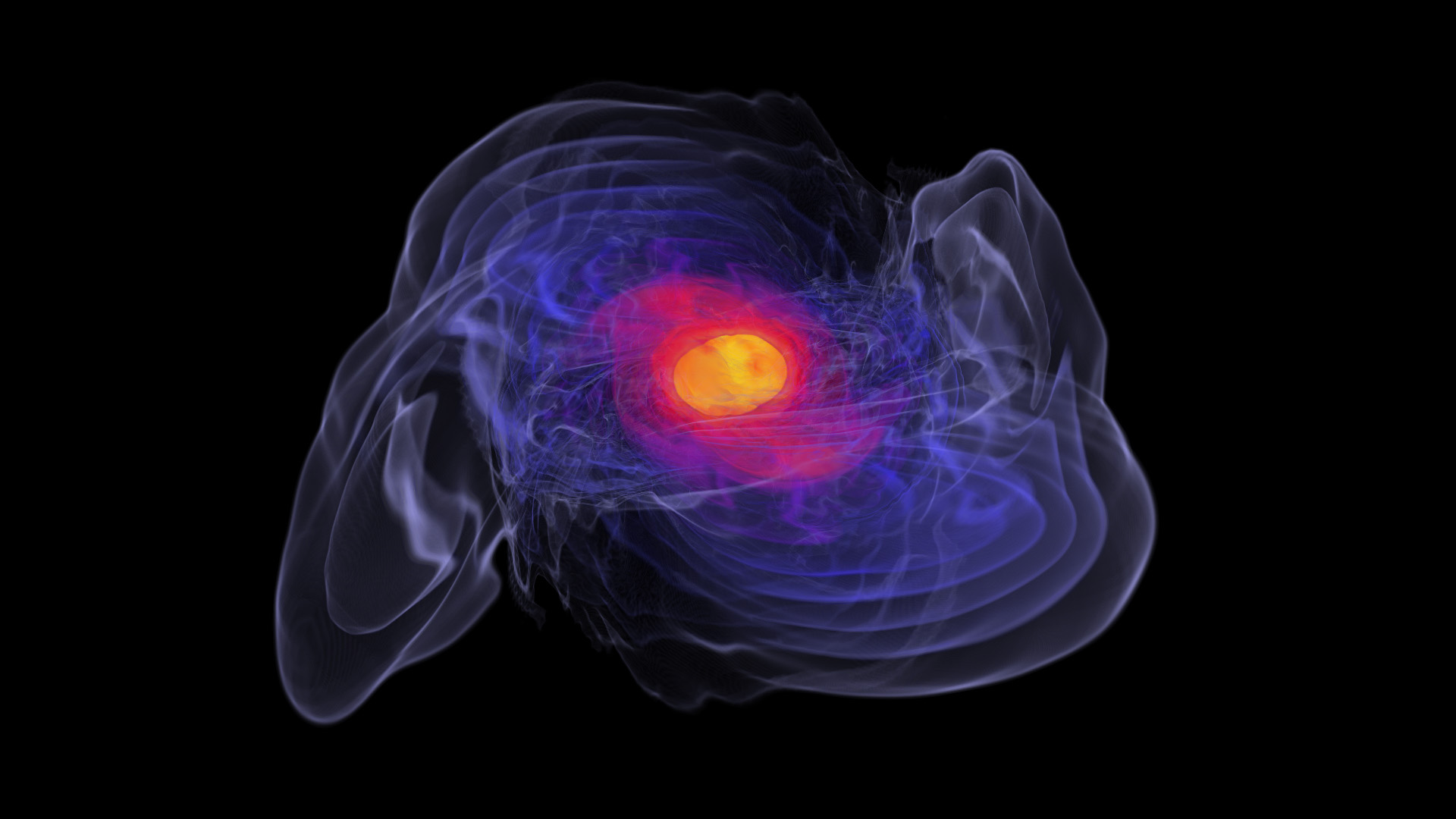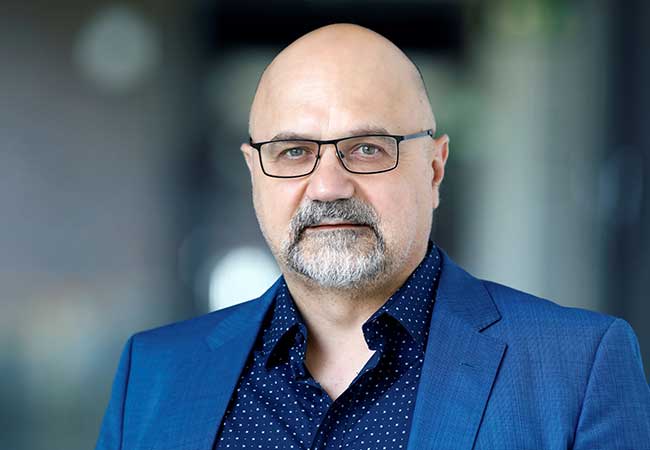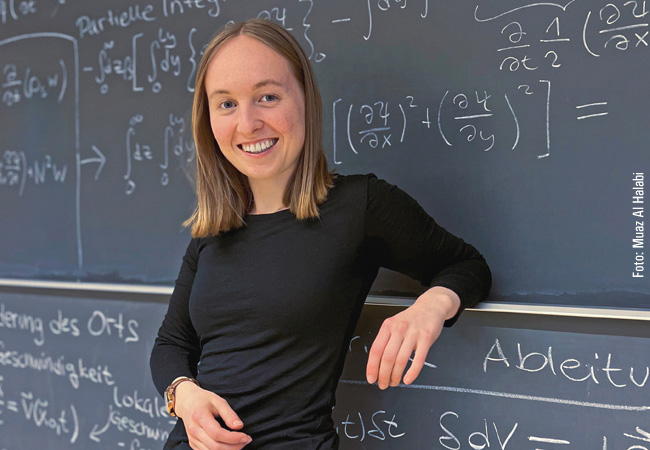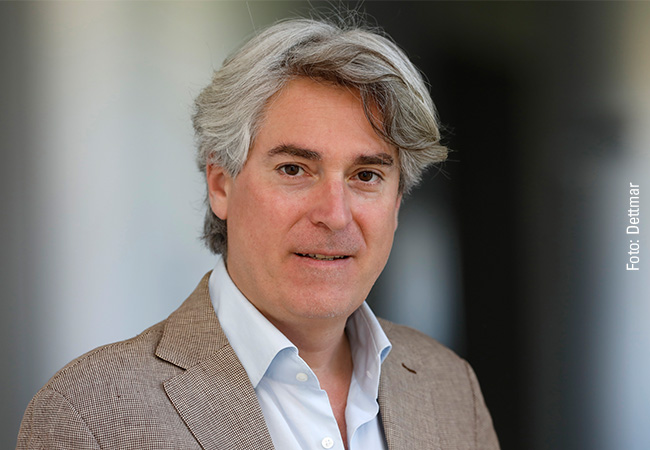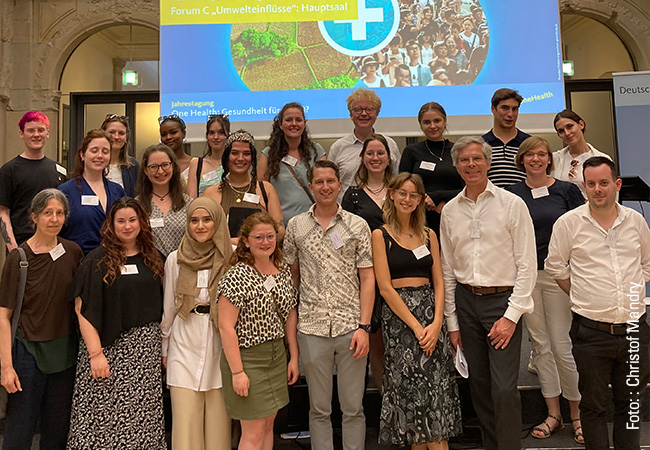Heart and lung diseases are one of the leading causes of death worldwide. The Cardio-Pulmonary Institute (CPI) is dedicated to researching these diseases at the molecular level to develop innovative treatments for patients. CPI is a unique interdisciplinary research institute operated by Goethe University Frankfurt, the University of Giessen, and the Max Planck Institute for Heart and Lung Research in Bad Nauheim.
Scientists from these three Hessian institutions have been working together under the CPI flag since 2006, with the aim of understanding the mechanisms behind heart and lung health, and of enabling the transfer from basic research to clinical application. In addition to the five basic research foci, CPI also has three translational modules working closely with clinics.
One promising approach is “precision medicine,” where findings from different research fields are combined to develop tailored therapeutic approaches. This approach enables individualized treatment methods tailored to specific needs.
While there are countless causes of heart failure, they all lead to similar symptoms, and have mostly been treated uniformly until now. “In about one in four people suffering from cardiopulmonary disease, mutations have been found in the blood-forming stem cells that worsen the prognosis,” reports Prof. Andreas Zeiher. These mutations in the blood cells can cause an inflammatory reaction with subsequent calcification of the aortic valve, heart failure and other heart muscle diseases. “At CPI, our goal is to decipher the disease mechanisms in order to optimize diagnostics and therapy options and to develop special drugs for this group of patients.”
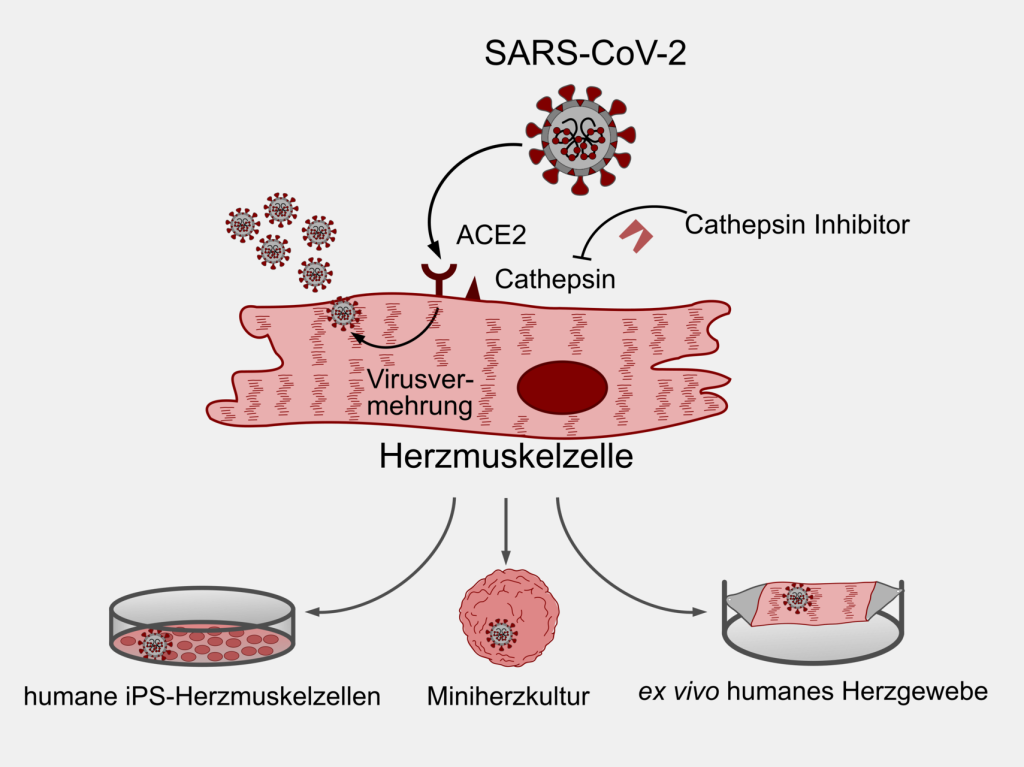
Interplay between heart and lungs
“You can’t study the heart and lungs separately,” explains spokesperson Prof. Stefanie Dimmeler. Diseases of these organs, which are inevitably connected by the bloodstream, are often interdependent and influenced by the same factors. That is why it is essential to consider the organs and their interaction with the rest of the body in research and therapy. As in the case of a COVID-19 infection, for example, where CPI researchers have explored more than just the consequences for lung health. Dr. Julian Wagner was able to use lab-grown “3D mini hearts” and heart biopsies to show that coronaviruses infect heart muscle cells and affect the heart’s health. His colleagues Prof. Eike Nagel and PD Valentina Puntmann from the clinic were able to take it up from there, and investigate the consequences of a COVID infection on the heart in MRI. Their findings showed that slight inflammations in the smallest blood vessels of the heart caused by the viral infection seem to lead to long-term consequences.
Comprehensive research into heart and lung diseases is made possible by the close exchange and the well-established cooperation between the various departments, including the use of all available infrastructures. In addition, CPI’s in-house CPI Academy offers a wide range of advanced training opportunities and tailored career programs. “We have established an attractive interdisciplinary training program for all career stages to provide the best possible support and networking in the fields of basic research, medicine and clinical practice. Our dedicated mentors accompany the participants on their way to success,” explains CPI Academy co-founder Prof. Ingrid Fleming.
Katharina Schulenburg
Website: https://www.cpi-online.de/
Let’s do it: Goethe University Frankfurt submits four new and one existing research cluster to the Excellence Strategy competition
Goethe University Frankfurt is applying for the upcoming round of the German federal and state governments’ Excellence Strategy with four new clusters on the research topics Confidence in Conflict (CONTRUST), Infection and Inflammation (EMTHERA), Origin of Heavy Elements (ELEMENTS), and Cellular Architectures (SCALE). The applications combine Goethe University’s competencies and forward-looking ideas with those of colleagues from the strategic alliance of Rhine-Main Universities (RMU) and other partners from the four major non-university research organizations. The Cardio-Pulmonary Institute (CPI) Cluster of Excellence, in existence since 2019, will submit a full proposal directly in 2024.
An introduction to the clusters follows below.
Heart and lung disease: Cardio-Pulmonary Institute (CPI)
Heart and lung diseases are one of the leading causes of death worldwide. The Cardio-Pulmonary Institute (CPI) is dedicated to…
Infection and inflammation: EMTHERA
Developing new therapeutic approaches for complex diseases: The EMTHERA initiative is applying to become a Cluster of Excellence. The so-called cytokine…
Cellular Architectures: SCALE
The name of the cluster initiative SCALE stands for “SubCellular Architecture of LifE”. The project is entering the German federal…
Trust in Conflict: CONTRUST
How dissonance in conflict can dissolve into trust: The ConTrust cluster project explores where such potential can be found, even…
Origin of Heavy Chemical Elements: ELEMENTS
To understand why heavy elements exist in our universe, you have to explore neutron stars, kilonovas and gravitational waves. The…
Questions for ELEMENTS spokesperson Prof. Luciano Rezzolla
UniReport: What is your goal in applying for funding as a cluster of excellence? Luciano Rezzolla: The goal shared by all…


